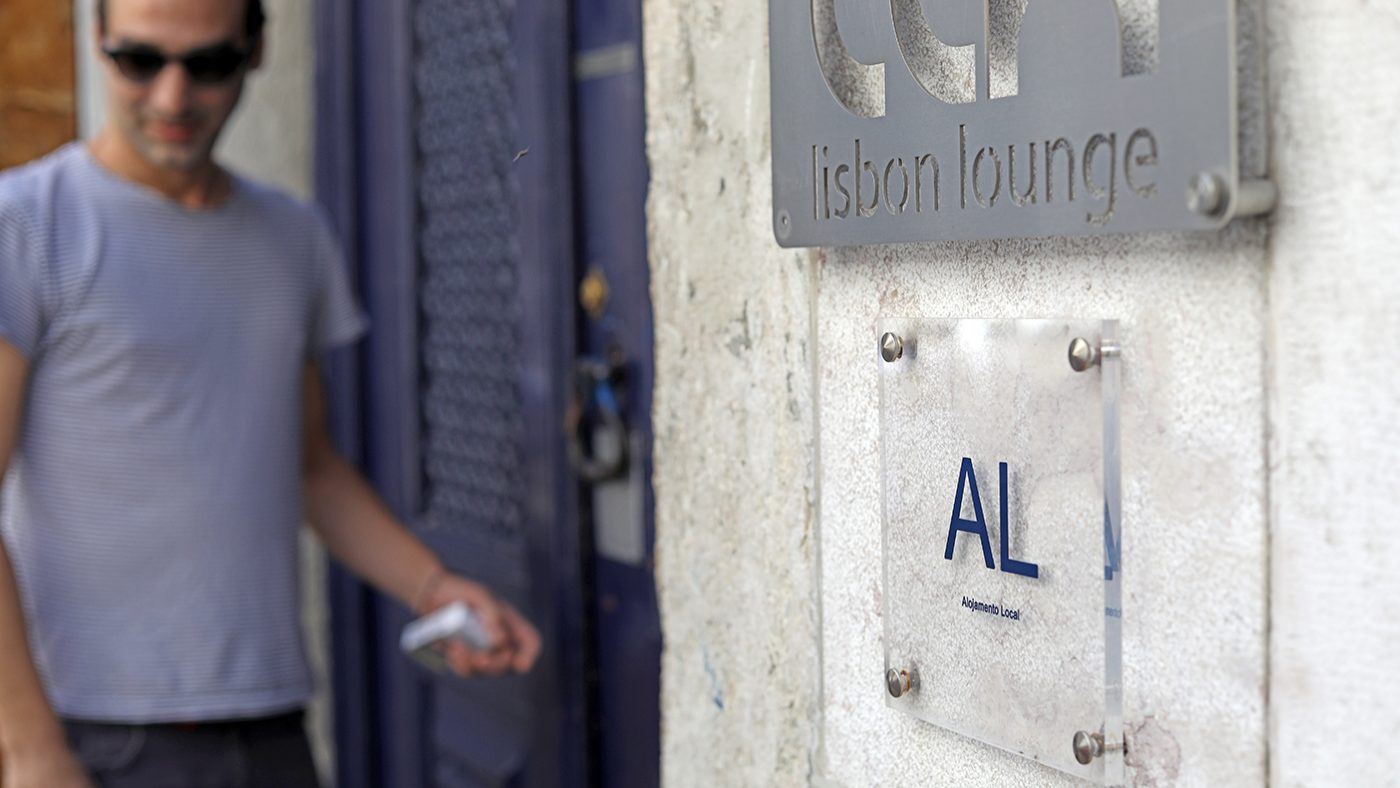ESM’s Regling sees Portugal’s rating improving
Investors are back in Portugal, and the country is seen as one of the most positive developing economies by the President of the European Stability Mechanism (ESM), Klaus Regling.
The president of the European Stability Mechanism (ESM), Klaus Regling, on Friday welcomed the return of investors to Portugal and said rating agencies were likely to further upgrade its debt “in the near future”, resulting in a “virtuous circle”.
The comments came at the news conference in Vienna held after an informal Eurogroup informal meeting in the city to mark the end of the summer break, at which the European Commission and the European Central Bank (ECB) described the conclusions of the eighth post-bailout mission to Portugal as “overall positive”.
Speaking at the event, Regling – the head of the euro zone’s permanent bailout fund – stressed that, where financial markets were concerned, the news was also “quite positive”, and argued that Portugal might even benefit from a “virtuous circle” as a result.
“Investors have returned to Portugal,” he said. “This is a positive development. And there is even the possibility that ratings will improve even further in the near future, and then a virtuous circle can begin, where debt interest rates lower even further and the spreads shrink even further. And that’s all positive.”
Last April, Moody’s financial rating agency said it expected that the credit rating it assigns to Portugal’s sovereign debt would be improved if its analysts conclude that progress achieved in the country at the budgetary and economic level is sustainable, and if the indebtedness is consistently reduced.
Moody’s had scheduled a review of the current rating, but opted not to go ahead with this, instead keeping it at ‘Ba1’ – still speculative, that is, below investment grade. The agency is due to review the rating again in mid-October.
The US agency is now the only of the four leading international rating agencies to class Portugal’s debt as ‘junk’, in common parlance, after Standard & Poor’s (S&P), Fitch and DBRS upgraded it to investment grade.




